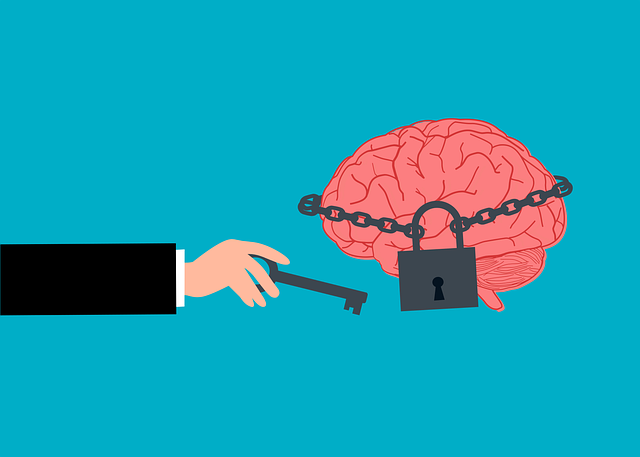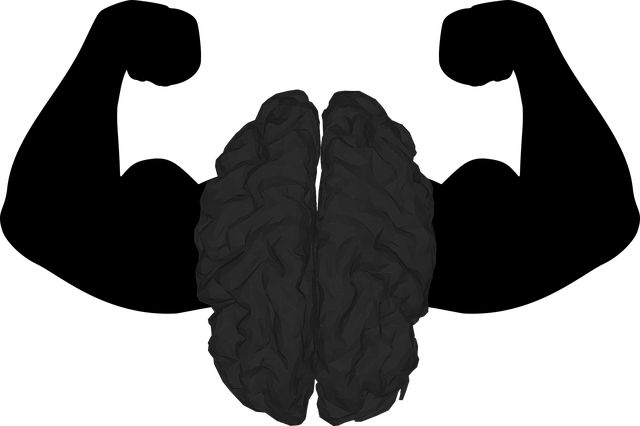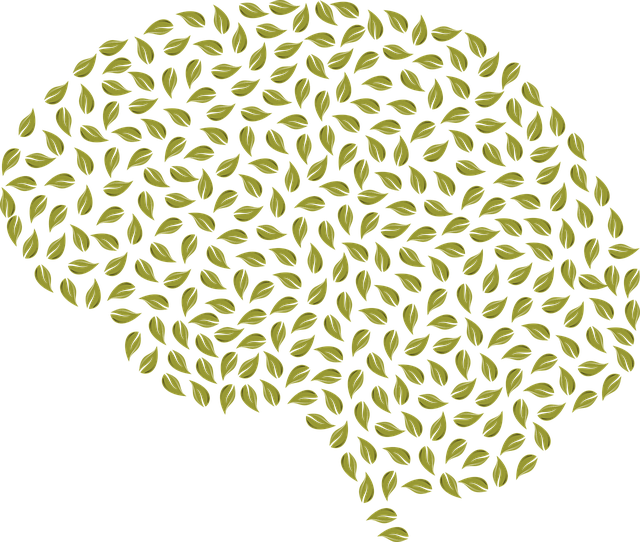Aurora Autism Spectrum Disorder Therapy offers a holistic approach to managing stress in individuals with ASD by focusing on building inner strength and resilience, tailored to each person's unique needs. Using personalized strategies, light and color therapy, and compassion cultivation, this method creates supportive environments where individuals can express emotions freely. Additionally, integrating simple self-care practices like breathing exercises, yoga, and tailored fitness into daily routines, combined with trauma support services, empowers individuals with ASD to manage stress proactively, improving their overall well-being.
Stress management is a vital skill, especially for individuals on the Autism Spectrum (ASD), who may face unique challenges in processing and coping with stress. This article explores effective strategies to empower those with ASD to navigate stressful situations. We delve into the significance of understanding individual stress triggers and the transformative power of Aurora Therapy, offering a unique approach to relaxation. Furthermore, practical tips for incorporating stress-relieving techniques into daily routines are provided, promoting overall well-being. Discover how these methods can enhance self-care and improve quality of life for individuals with ASD using Aurora Autism Spectrum Disorder Therapy.
- Understanding Stress in Individuals with Autism Spectrum Disorder (ASD)
- The Role of Aurora Therapy in Teaching Effective Stress Management Techniques
- Practical Strategies for Integrating Stress Relief into Daily Routines
Understanding Stress in Individuals with Autism Spectrum Disorder (ASD)

Stress management is a crucial aspect of holistic care for individuals with Autism Spectrum Disorder (ASD), as it helps them navigate the unique challenges they may face. ASD often presents with sensory sensitivities and social communication differences, which can contribute to heightened stress levels in various situations. Understanding these individual responses to stressors is essential for tailoring effective support strategies.
In Aurora Autism Spectrum Disorder Therapy, the focus shifts from merely managing symptoms to empowering individuals to develop inner strength and resilience. This involves recognizing triggers specific to each person’s sensory profile and social interactions. Through comprehensive risk assessment for mental health professionals, personalized techniques can be implemented to foster coping mechanisms. Mental illness stigma reduction efforts play a significant role in creating supportive environments where individuals with ASD feel comfortable expressing their emotions and seeking assistance when needed.
The Role of Aurora Therapy in Teaching Effective Stress Management Techniques

Aurora Therapy, a unique approach that has gained traction in recent years, offers a promising avenue for teaching effective stress management techniques, especially within the context of supporting individuals with Aurora Autism Spectrum Disorder (ASD). This therapeutic method leverages the power of light and color to promote relaxation and enhance emotional well-being. By immersing participants in carefully crafted light environments, Aurora Therapy facilitates a sense of calm and reduces anxiety, two critical components for managing stress.
Incorporating compassion cultivation practices into Aurora Therapy sessions can further bolster its benefits. Teaching individuals with ASD mental health awareness and social skills training through these sensory experiences allows them to develop coping mechanisms that go beyond verbal instructions. The multi-sensory nature of Aurora Therapy creates a safe space where learning about stress management becomes engaging and accessible, fostering self-regulation skills that extend into daily life.
Practical Strategies for Integrating Stress Relief into Daily Routines

Integrating stress relief into daily routines is essential for maintaining mental well-being, especially for individuals with Aurora Autism Spectrum Disorder (ASD). Simple yet effective strategies can make a significant difference in managing stress levels and fostering resilience. One practical approach is incorporating compassion cultivation practices, such as mindful breathing exercises and positive self-talk, which have been shown to reduce anxiety and enhance coping mechanisms. These techniques can be seamlessly integrated into morning routines or moments of calm throughout the day.
Regular engagement in physical activities, like gentle yoga or tailored fitness programs, also plays a crucial role in burnout prevention for individuals with ASD. Trauma support services focused on sensory integration and emotional regulation provide additional tools to navigate stressful situations. By combining these practices with consistent self-care routines, individuals can proactively manage stress, promote relaxation, and enhance overall quality of life.
Teaching individuals with Autism Spectrum Disorder (ASD) effective stress management techniques is a valuable tool for enhancing their overall well-being. By understanding the unique ways stress presents itself in those with ASD, we can employ innovative approaches like Aurora therapy to provide tailored support. Integrating practical strategies into daily routines allows for a more manageable and inclusive environment, empowering individuals with ASD to navigate life’s challenges with increased resilience. With dedicated instruction and accessible resources, individuals on the spectrum can learn to recognize and mitigate stress, leading to improved mental health outcomes.














